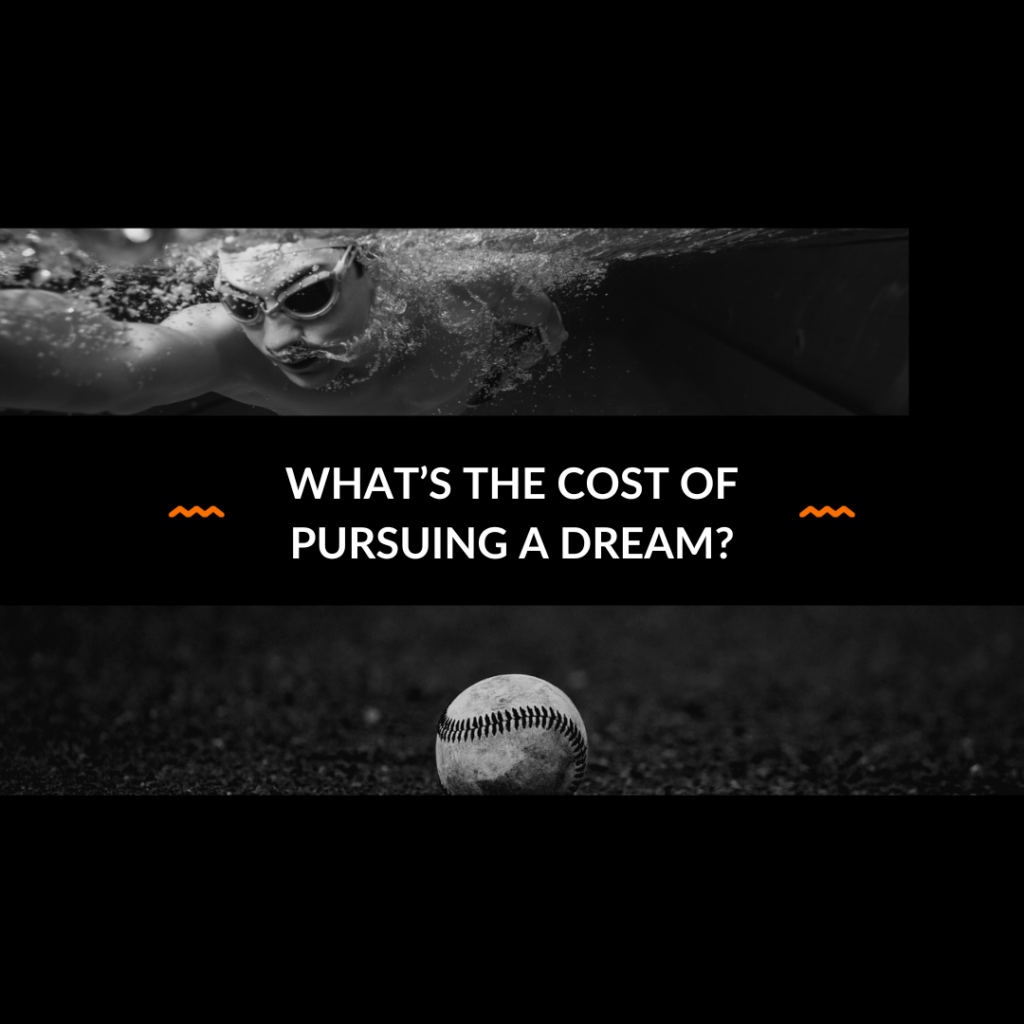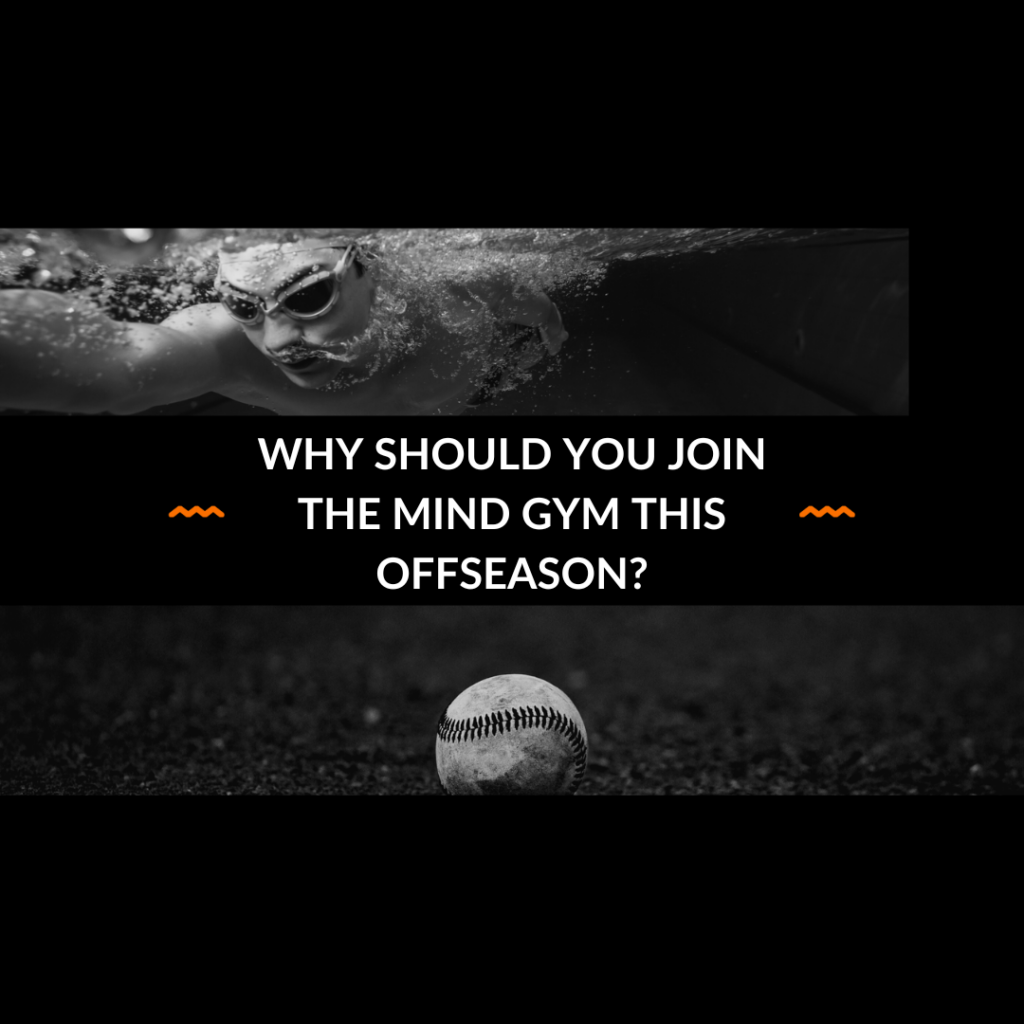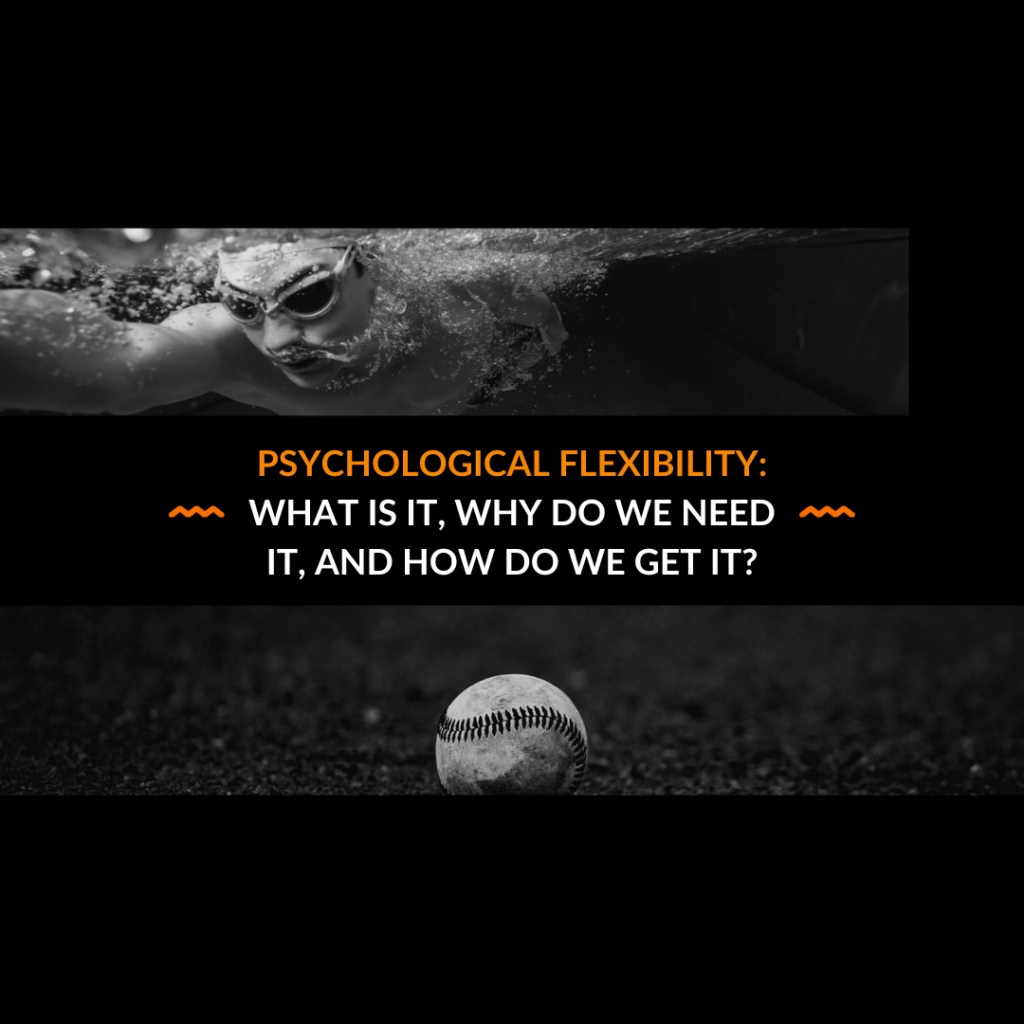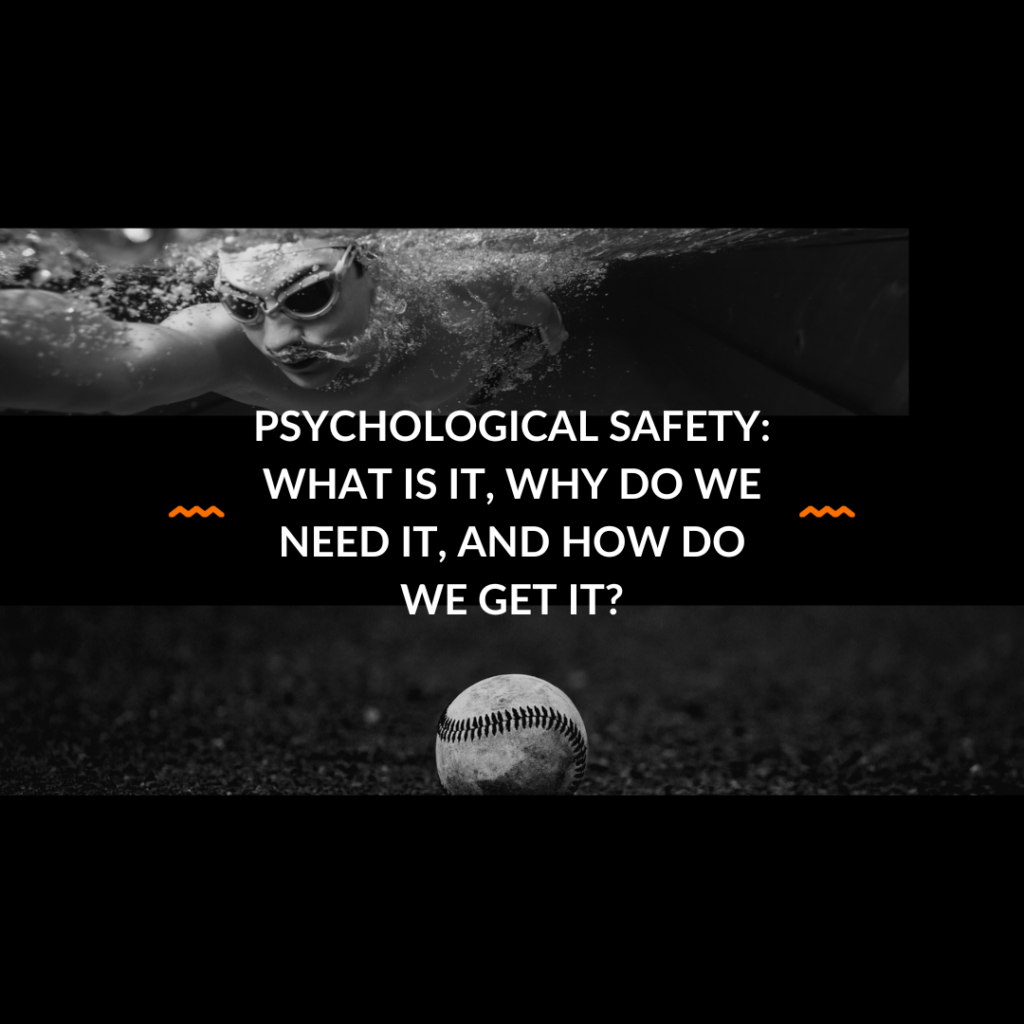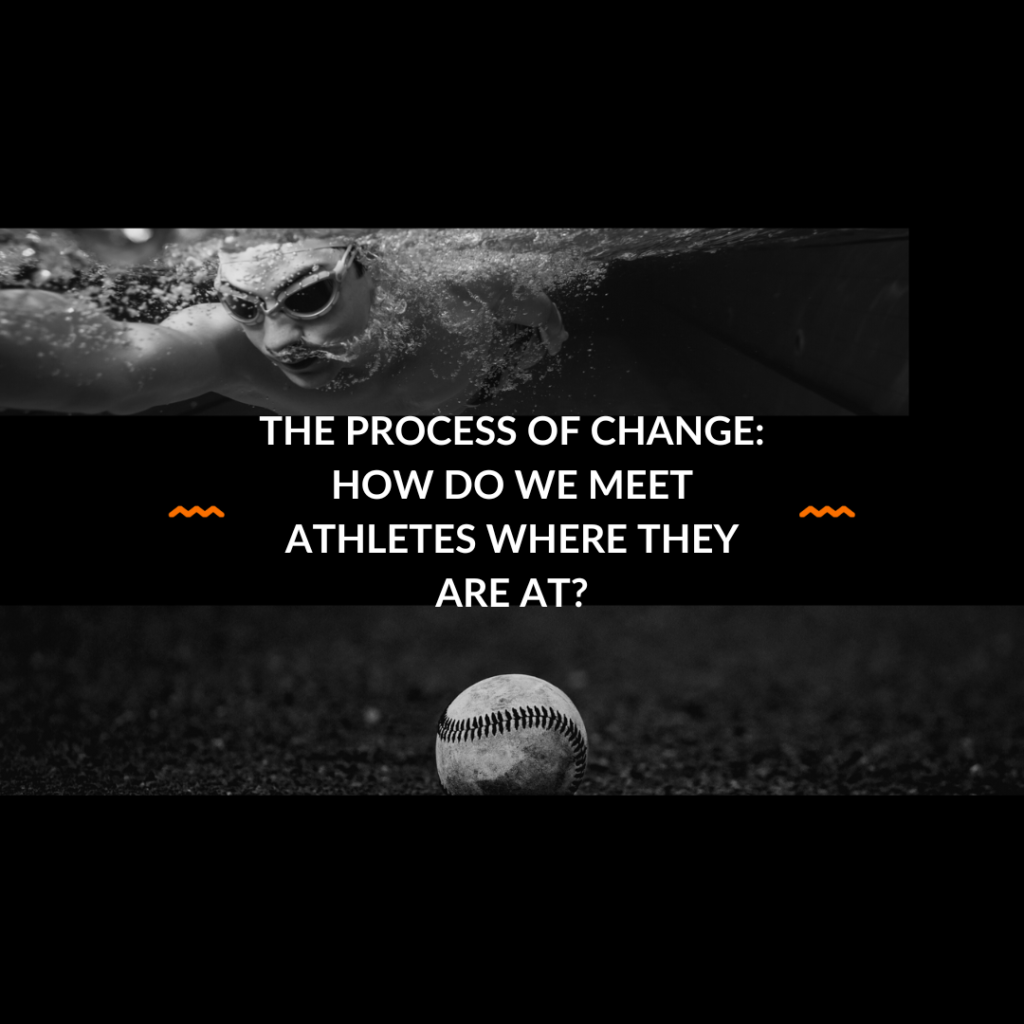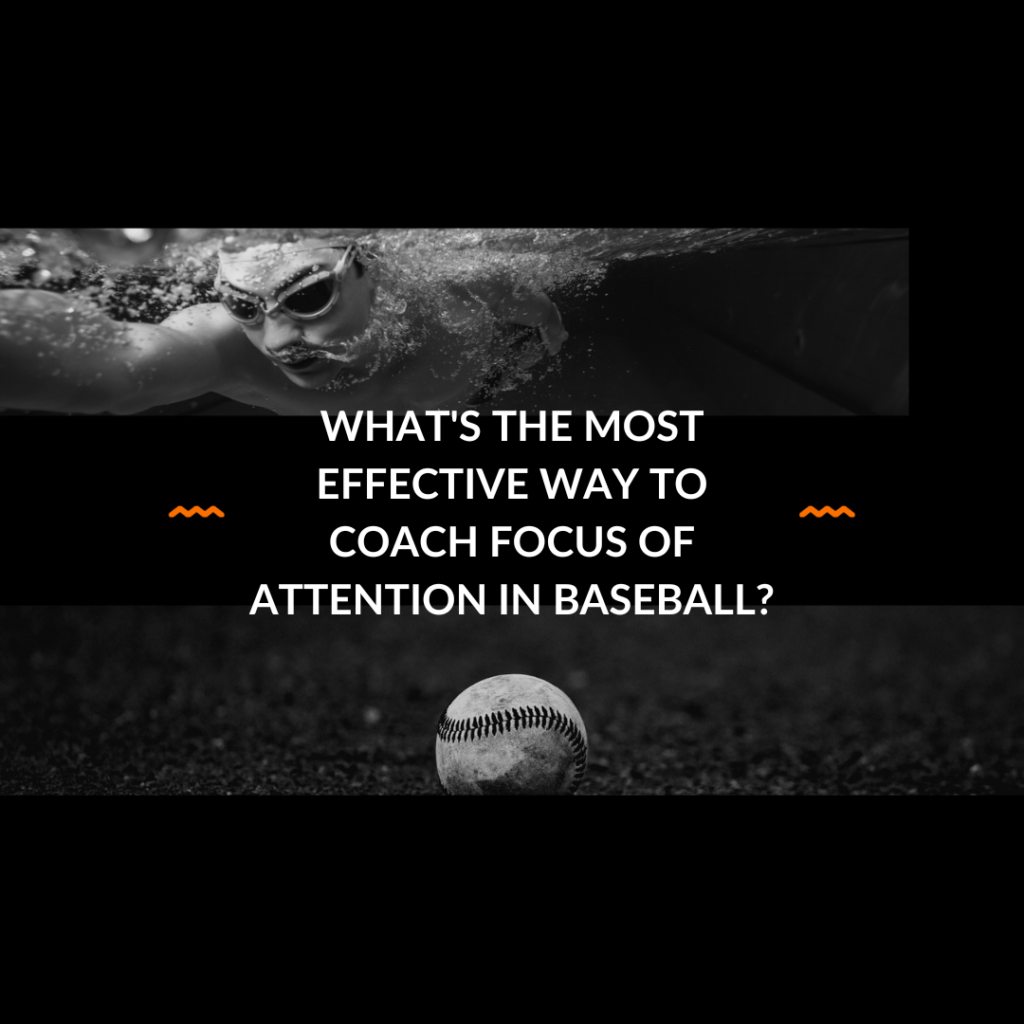How can thinking you are in the spotlight hurt your performance?
I am currently supporting a freshman high school basketball player that expects to have a significant role on his varsity basketball team this season. We are specifically working on developing techniques to build sustainable confidence given the challenges he’s expected to face in a new and highly competitive environment. In one of our recent sessions, […]
How can thinking you are in the spotlight hurt your performance? Read More »


